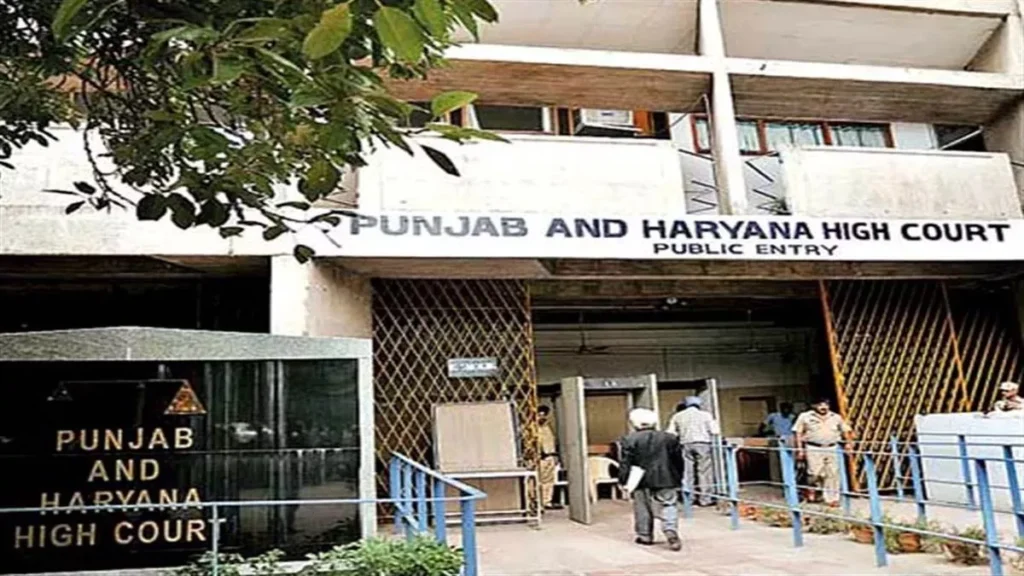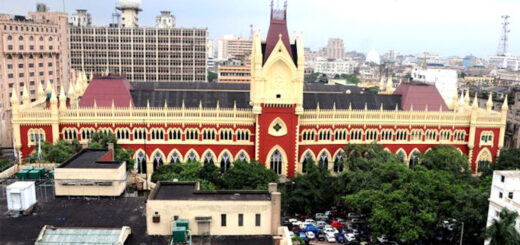A person wishing to engage in liquor trade must agree to the rules set by the state. The P&H High Court has dismissed a petition that challenged Haryana’s excise policy regarding late-night liquor sales.

The Punjab and Haryana High Court raised concerns about the Haryana government’s choice to allow liquor sales after midnight in Gurugram and Faridabad. This issue came up from a petition that challenged a part of the Haryana Excise Policy for 2024-25, which lets bars and pubs in these two cities stay open late, while other districts face restrictions. Liquor license holders in Panchkula, who could previously operate until 2:00 AM and extend hours to 8:00 AM for an extra ₹20 lakh fee, filed the petition. They claimed the new policy unfairly changed their license terms by limiting their hours to midnight.
A Division Bench, including Justice Sanjeev Prakash Sharma and Justice Sanjay Vashisht, expressed worries about the social effects of late-night drinking, especially considering traditional Indian values. They noted, “Excessive drinking and nightlife are still seen as taboo in Indian society. While we don’t aim to discourage nightclubs, policymakers should consider Indian culture and the current levels of literacy and understanding regarding the consequences of heavy drinking, which is still a significant challenge.”
Senior Advocate Anand Chhibbar represented the Petitioners, while Additional Advocate General Sharan Sethi represented the Respondents. The Court observed that while some Indian states have a complete ban on alcohol, most have set specific hours for its sale. The Court stated that once these hours are established, there should be no option to extend them into the night, especially for an extra fee. It highlighted the importance of balancing the income from alcohol sales with the protection of the state’s cultural values. The Court remarked, “There needs to be a balance between the revenue generated and the preservation of the State’s culture. The State is expected to consider our comments when creating future excise policies.”
The Court dismissed the petition, explaining that the petitioners, who received their licenses under the existing Excise Policy, could not contest parts of the policy they found unfavorable. The Court upheld the “take it or leave it” principle in contracts, indicating that those involved in the liquor business must accept the State’s terms. The Court stated, “The principle of ‘take it or leave it’ must be recognized in contractual matters. Anyone wishing to engage in the liquor trade must agree to the conditions set by the State.” Additionally, the Court noted that there were no limitations on the petitioners’ ability to run their businesses in Gurugram. “The petitioners are selling liquor in their pubs and bars in Panchkula, and those in Gurugram and Faridabad cannot be considered in the same situation. The license fees they pay differ from those paid by license holders in Panchkula,” the Bench concluded.
Cause Title: DA Bodega Hospitality & Ors. v. State of Haryana & Ors., [2024:PHHC:162594-DB]









